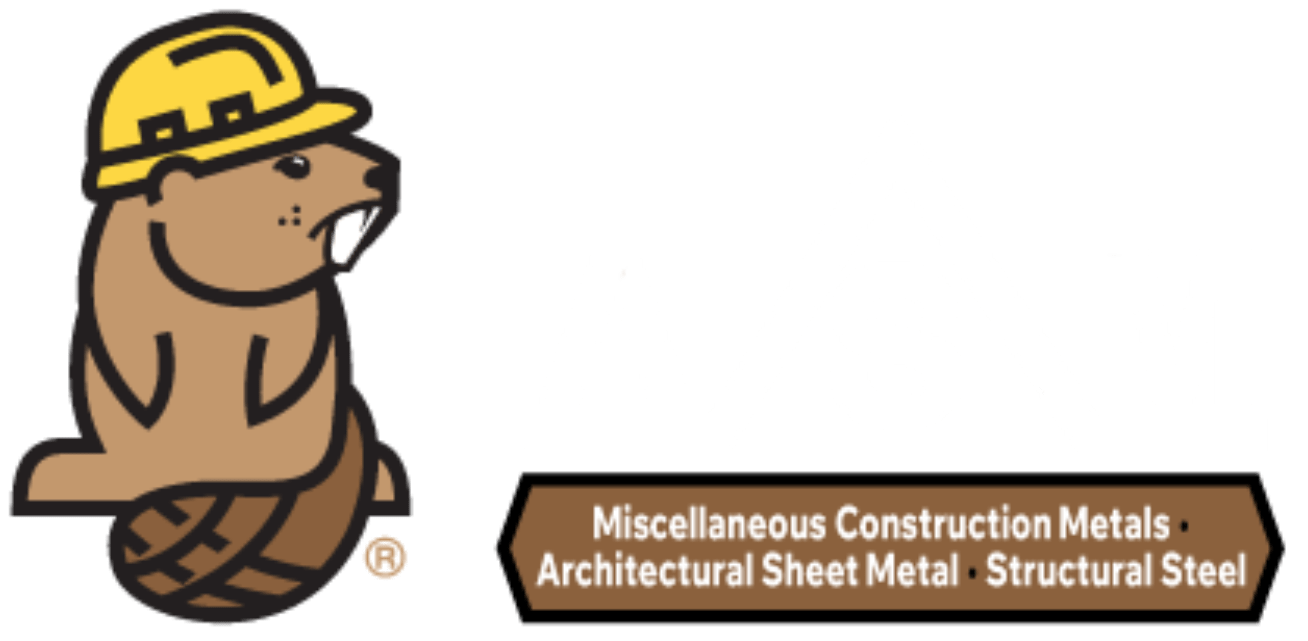Sheet metal is a versatile and durable material widely used in various industries. However, like any other material, sheet metal requires proper maintenance to ensure its longevity and optimum performance.
In this article, we will explore essential tips for sheet metal maintenance that will help you preserve its quality, appearance, and functionality over time.
Regular cleaning is crucial to maintaining sheet metal’s appearance and preventing the buildup of dirt, dust, and grime. Use a mild detergent or soap mixed with water to clean the surface.
Avoid abrasive cleaners or scrubbing brushes that can scratch the metal. Rinse thoroughly and dry the metal completely to prevent water spots or corrosion.
Sheet metal is susceptible to corrosion, especially when exposed to moisture or harsh environments. To prevent corrosion, apply a protective coating such as paint, powder coating, or galvanization.
These coatings act as a barrier against moisture and corrosive substances, extending the lifespan of the sheet metal. Check for any signs of peeling or damage to the coating and repair it promptly to prevent further corrosion.
Regularly inspect your sheet metal for signs of damage, such as dents, scratches, or bending. These issues can compromise the integrity and performance of the metal. Promptly address any damage by repairing or replacing the affected area.
Sheet metal components that involve moving parts, such as hinges or joints, require proper lubrication to prevent friction and rust formation. Apply a suitable lubricant to these areas periodically to ensure smooth operation and protect against corrosion.
Additionally, consider using rust inhibitors or rust-resistant coatings in high-moisture environments or where the metal comes in contact with corrosive substances.
Sheet metal surfaces are prone to scratches, dents, and other physical damage. Take necessary precautions to protect the metal from such issues. Use protective covers, padding, or barriers when working in areas where the metal is at risk of accidental impact or contact with heavy objects.
Of course, this would depend on the structure itself. Sheet metal railings can be better protected with padding, for instance. It would protect not only the structure but the people interacting around it.
Implementing preventive measures can significantly reduce the likelihood of damage and maintain the metal’s structural integrity.
For complex sheet metal systems or critical applications, it is advisable to seek professional maintenance and repair services. These experts possess the knowledge and expertise to identify underlying issues, provide appropriate solutions, and ensure the longevity and optimal performance of sheet metal.
Sheet metal is a durable and versatile material that can last for decades with proper maintenance. By following these essential tips, you can ensure the longevity, appearance, and performance of your sheet metal components or structures.

© 2024 American Sheet Metal - All Rights Reserved